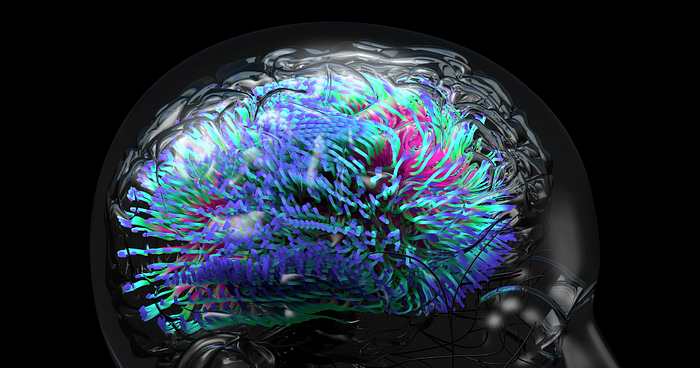Member-only story
Huberman’s 4-Step Protocol For Learning that Changes Your Brain
Not every experience rewires your brain. Follow these hardwired protocols for optimal learning.

Is there anything you wish you had learned more about in school?
For me, without a doubt:
Neuroplasticity.
The incredible feature that allows our nervous system to change in response to experience.
I’m convinced I would have approached studying and learning very differently (and appreciated my young, plastic brain a lot more!).
We’re Designed To Change
Neuroplasticity is one of the most amazing yet underrated aspects of our biology.
It’s the biological equivalent of having a Growth Mindset: with hard work and good strategies, you can change the physical circuitry of your brain.
Because here’s the thing:
All of us are born with a nervous system that isn’t just capable of change but is designed to change.
This allows us to think differently, learn new things, forget painful experiences, and adapt to practically anything life throws at us.
For a long time, it was assumed that only the young brain is plastic and can change. (Something about an old dog and new tricks?)
But scientific research is now very clear: the adult brain is plastic.
And that is the essence of the incredible breakthrough of neuroplasticity: your brain is not fixed. Instead, your brain can change in response to your experiences, thoughts and actions.
You can rewire your brain so new motor, cognitive and emotional skills are burned into the neural circuitry, no matter how old you are.
While this is hugely exciting, there is one misconception about neuroplasticity that isn’t talked about enough.
Our brains don’t change with every single experience — 24/7. That wouldn’t be very practical.
The best learning happens when you leverage specific systems that are hardwired into your biology.



![Ramblings on [Sonder]](https://miro.medium.com/v2/resize:fit:679/1*GK5-qwjAi3749G0gy1Pmvg.jpeg)





